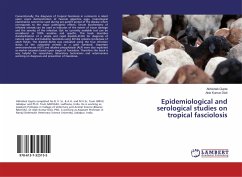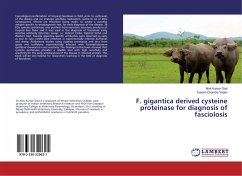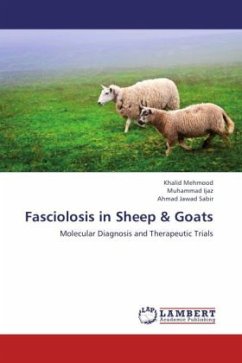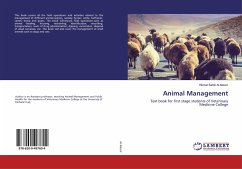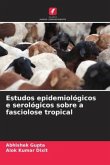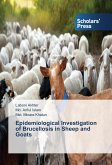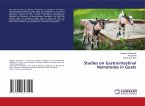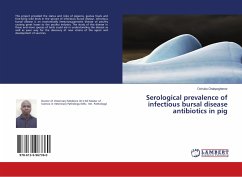Conventionally, the diagnosis of tropical fasciolosis in ruminants is relied upon copro demonstration of Fasciola gigantica eggs. Coprological examination cannot be used during pre-patent period of the disease which corresponds to the major pathogenic effects. Serum biochemistry of infected animals can be used as indicator of the extent of tissue damage and the severity of the infection. But no currently available test can be considered as 100% sensitive and specific. This book describes standardization of a simple and rapid dipstick-ELISA for diagnosis of natural caprine and bubaline fasciolosis using 28 kDa cysteine proteinase of adult flukes. The dipstick-ELISA was evaluated using the true infection status of the autopsied animals as a gold standard. Aspartate aminotransferase (AST) and alkaline phosphatase (ALP) were also exploited as marker enzymes based upon stages of fasciolosis. Therefore this book is very helpful for researchers, laboratory technicians and veterinarians working on diagnosis and prevention of fasciolosis.
Bitte wählen Sie Ihr Anliegen aus.
Rechnungen
Retourenschein anfordern
Bestellstatus
Storno

